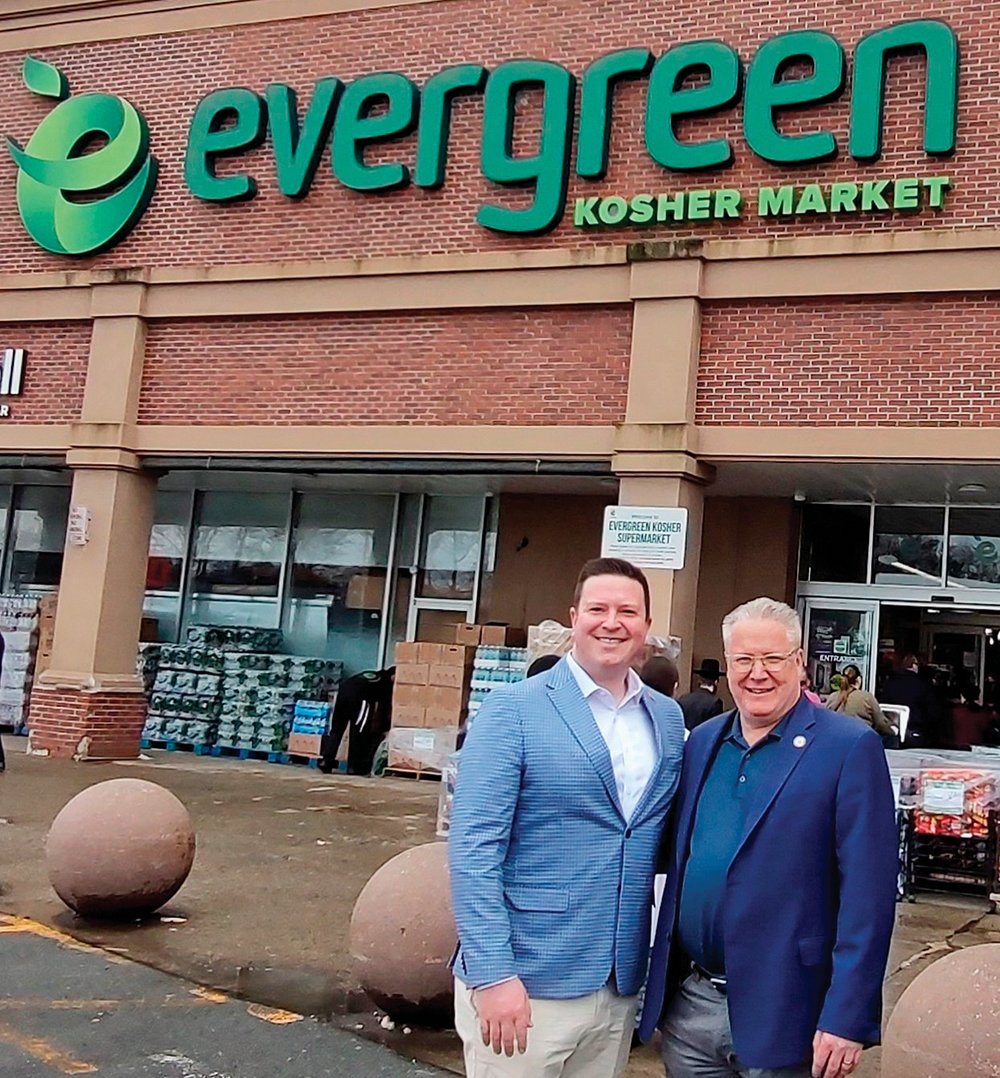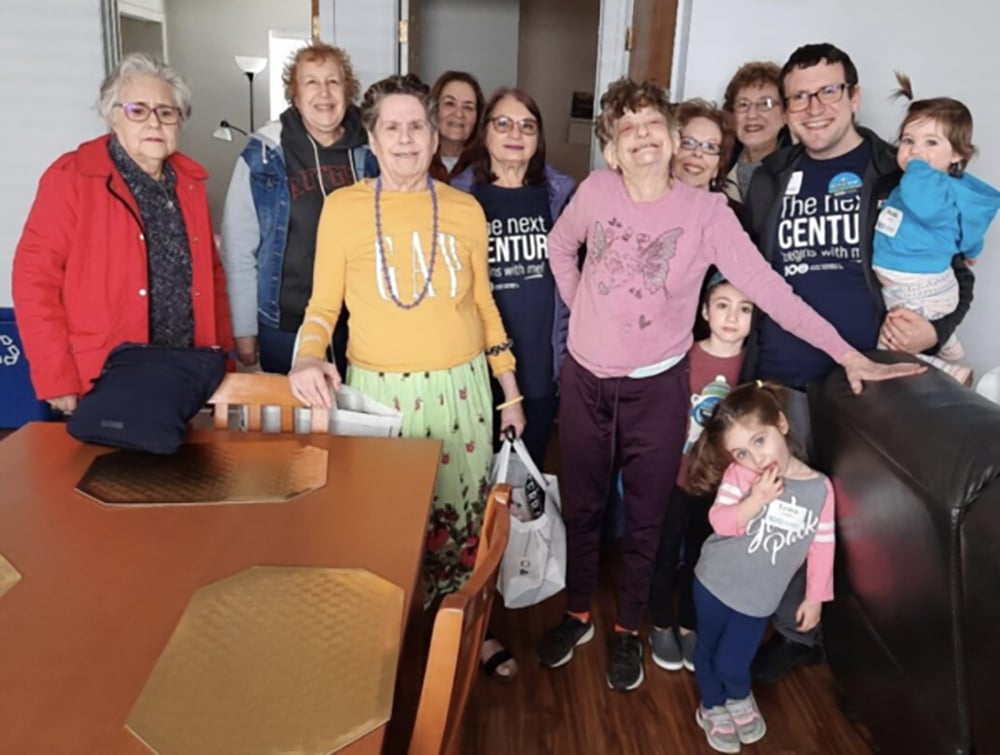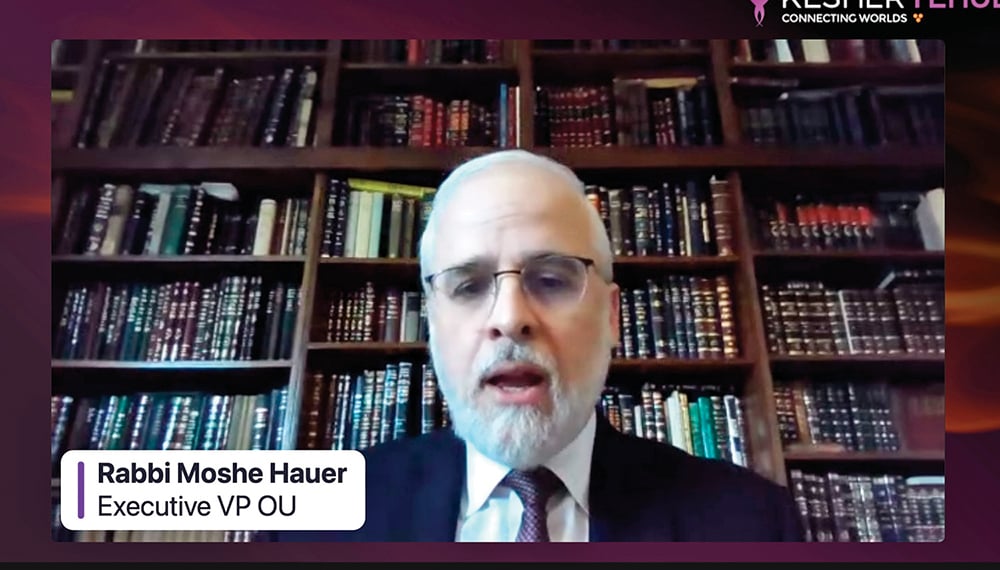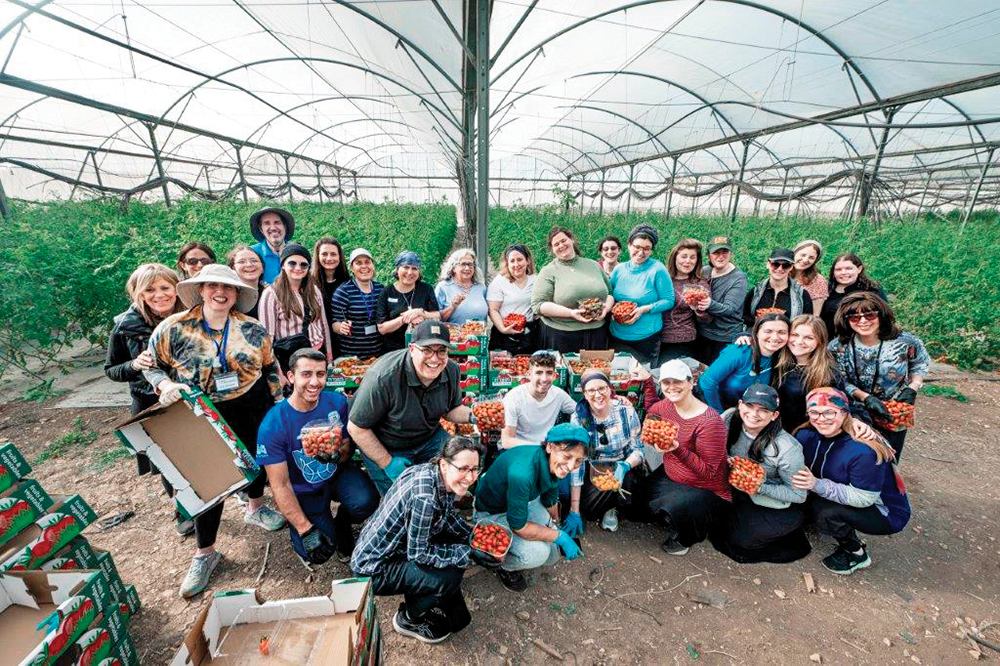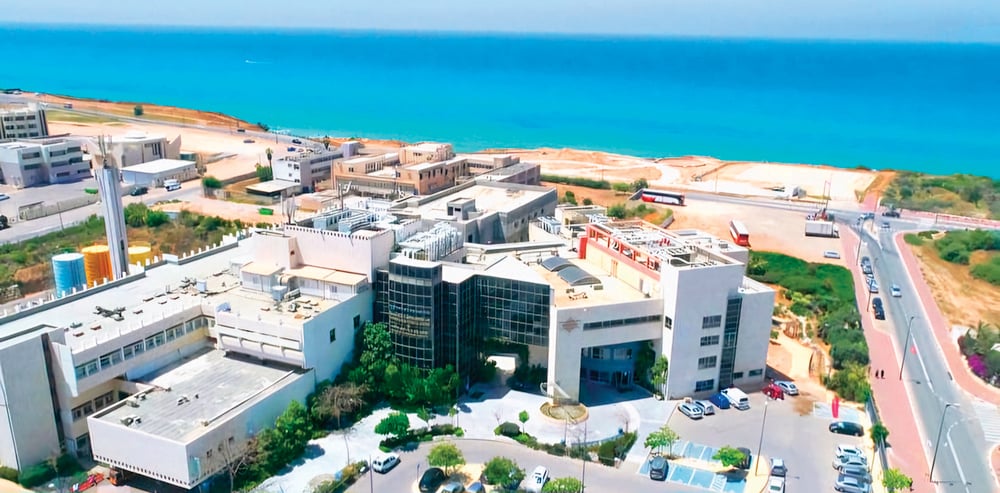Several weeks ago I had the unique opportunity to travel to Poland. I walked on the very same land that the evil Nazis walked upon. I walked on the very land that millions of Jews once danced and lived happily upon. And I walked on the very same land where six million beautiful Jewish lives were taken away way too soon.
Imagine. Just imagine how much light only one Jewish person brings to this world.
Now 10. Imagine how much 10 Jewish people could affect the world.
Now 100. Imagine what amazing things one hundred Jewish lives could do.
One Thousand. One-thousand different beaming souls, each of which came into this world with a mission that changed the world in such a huge way.
One million? That number is hard to imagine and it is difficult to comprehend all that could have been changed with one-million more Jewish lives.
Six million. Six million Jews. Lives, souls, who all were taken way too soon. Murdered and humiliated and tortured by the gruesome, evil Nazis. It is almost too hard to imagine all that could have been if those souls had been able to live.
It is so hard to understand. Being in Krakow you stand there and you wonder, how? How could it be that at one time not that long ago these very same roads were filled with Jews learning and singing and the city was home to a huge, thriving Jewish community? How could it be possible for that whole community to just be gone?
In Treblinka, you see the stones. There are thousands upon thousands of stones, representing an entire thriving Jewish community that was taken away and murdered. You can barely comprehend how Krakow is just one of those stones, which represents thousands upon thousands of Jewish communities that were destroyed and their residents murdered. They are all gone.
How can it be? How is it that in Madjanik people were able to see it from their windows? They saw Jews coming in and never going out. They saw the smoke and smelled the unimaginable odor of burning bodies and they stayed quiet. How could they just sit there and do nothing when such atrocious things were happening outside their windows?
Children. Innocent children were just taken and separated from their parents and they never saw them again. They were deprived of the chance to play, learn, and grow. They were just taken to the forest and killed. They did not deserve it. No one did. No one.
How is it that we are able to walk out of the gate so easily? The gate to Auschwitz that millions of Jews entered but never exited? How?
How could it be that in such a beautiful country, with a sparkling river and tall green trees, such hideous things could have happened?
There are so many feelings and questions that I have about the Holocaust, and after coming back from Poland, so much more.
How? Why? Why us? How could people be so evil? And how could the world just stay silent? Even after going to Poland, there are still no answers, and it is still hard to imagine how such a thing could have happened.
There are questions that can never be answered. But I came back from Poland with something more than just understanding more about the Shoah.
In Krakow we brought back some of the Jewish life that once existed there by singing, dancing, and davening. We all got together and did all that we could on the Shabbat that we spent there to reignite the spark of Judaism that once burned so brightly there. And it was not just there in Krakow. Everywhere we went in Poland, we worked to bring back the Jewish life that once existed there through song and prayer.
Last year, I stood in Israel and heard the siren sound on Yom HaShoah, and this year I stood there and heard it again, but this year it has a different meaning for me.
In Poland, you stand inside the gates of Auschwitz, inside a gas chamber, freely and proudly, with an Israeli flag draped on your back as you sing Hatikvah. Those open displays of Judaism are things that Jews then would have been murdered for in an instant. Being free to wear your Judaism on your sleeve is something that Jews then could have only dreamed of. It is something that we miraculously are able to have done and continue to do, so many years later.
We have our own Jewish state! A place where we, where all Jews, are able to live freely and be open and proud about our Jewish identity. We each have our own voice that matters here. A voice that needs to be used.
Since we now have the amazing privilege of being able to have a voice that matters, we have to use it. We have to use it to live and to affect the world in a positive way. And we have to use it to never let something like this happen again. We cannot make the mistake of being silent. We have to speak up. And each and every person can speak up, so long as they use their voice.
We need to use that voice to never forget. It is not enough to just tell ourselves to never forget the horrors of the Holocaust. It is our job to teach others about it and to use our voice to tell the world about it. We need to put into action the words “never forget” and “never again.”
It is our job to not just take for granted the lives we have, the family we have, the food we have, and the Land of Israel that we have. We have to be grateful for all of these things and use all that we learn from family, the strength that we get from food, the Emunah that we get from Hashem, and the empowerment that we get from Israel to be able to have a voice in order to live. To live as part of the Jewish nation that was almost destroyed and is now thriving again because we used our voices and strengths and talents and lived, and we need to continue living. We need to continue using our voice to never, ever forget. We need to use our voice to never, ever again let something like this happen.
Atara Troodler is an 11th grade student at Ulpanant Amana in Kfar Saba, Israel. A native of Teaneck, she has chosen to pursue her studies in the State of Israel, a place she now calls home.
By Atara Troodler



